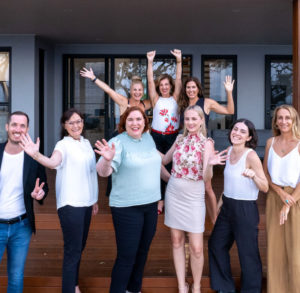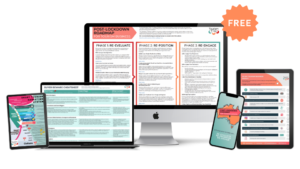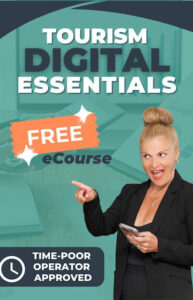Mobile, social media and search technologies
Technology has changed the way we consume information, not only in the tourism sector. Just take a minute to think about how you hear the latest news? Chances are it comes through your Facebook feed via a news service. Next time you’re out take a look at the number of people on their mobile devices consuming information. There is no doubt that advancements in technology and the interrelationship between mobile technology and social media are driving change in consumer behaviour.
People are consuming information differently
Over the last 10 years we seem to have gotten even busier, we are more connected via our devices and some would argue disconnected personally. We research travel options online in what Google calls “micro moments”, when we have a few spare moments to gather information. Due to the abundance of information available we have limited attention spans and digest small pieces of information often. No longer do we sit down and plan an entire holiday in one sitting, we gather information and save it on our device to review later. We even leave some elements till when we arrive to add some flexibility.
Your customers are being inspired, consuming information and making bookings on devices and platforms of their choice
Consumers gravitate to the device and platforms they are most comfortable with at the different stages of their travel purchase cycle. Research shows that whilst searches on mobile are growing, when it comes to booking there are still a lot of people who like to do this on a desktop or laptop computer. Whilst a growing number of people are adopting social media and there is no doubt that posts from friend and relatives can influence decisions on destinations and types of holidays, most people actively search for holiday information in search engines, Google being the first choice by far.
A key to successful attraction and engagement for your business online is to develop a clear understanding of your target customers and their pathways to purchase and great method to do this is to develop personas for your target markets.
For more information about developing personas I recommend you read this tutorial Smart Marketing Spend
Search (predominantly Google) plays a role at most stages of the the travel purchase cycle.
Google continues to dominate the market and continues to change its technology and this impacts on how easily your business can by found by your target customers. 90% of people say their use search engines in the planning stage of their travel purchase so it’s vitally important that you do everything you can so that your website comes up on page one in relevant searches on Google If you website is buried on page 2 or lower for a relevant search term then the chances are that your customers won’t find you. So invest in ensuring your Search Engine Optimisation is on your website is up to speed. You can find out how to do this by visiting our SEO Hub and don’t forget to claim your Google My Business listing, which is free and helps Google to list you for local searches. That’s when the customer puts in a location in their search.
Did you know on average people visit 7 to 13 websites before making a booking?
Why is that so important?
- They have so much choice, so your offer must be compelling in terms of both text and imagery
- They’ll also be looking at the competition and are easily swayed to the most professional looking online image
- The information they see on websites must be accurate, otherwise you’re setting yourself up to disappoint your customers
- Your online presence must connect with their needs for the type of holiday experience they are seeking
- Make sure your content across all platforms provides and delivers the right message to your target audience, supporting your promise to them.
Social media is most relevant at the Dream, Experience and Advocate stages.
Small businesses sometimes struggle to see how social media is providing commercial benefit to their business and that is usually because they don’t see sales or bookings coming from their social platforms. Social media when used well is a great tool in the early stages of the travel purchase cycle, the Dream stage. It makes sense when you think about it, when you are dreaming of a holiday destination you might start with Instagram, because it’s the most visual platform. Social media platforms are what your customers use when they are on holiday as they share their experiences with family and friends on Instagram and Facebook and after being your guest they will add reviews on TripAdvisor and other review sites.
Understand your target customer’s online purchase journey
This is in my opinion the key to success, you can’t be everything to everyone, it’s not possible for a small business to be active on all platforms all the time without a dedicated resource and that’s probably out of the question for most of you.
So, it’s important to understand what platforms your customers use and what information and functionality they need at each stage of their purchase cycle, then focus on delivering that.
Facebook, Instagram, You Tube and TripAdvisor must be part of your marketing
These should be the essential four pillars of your social media strategy, but don’t be daunted after all, you can share digital assets across platforms. Pictures can go on both Instagram and Facebook and likewise for YouTube and Facebook for videos. But, make sure you tweak your comments so they are appropriate to that particular audience and platform.
It’s all about engaging, meaningful and relevant content for your customers on the right device at the right stage of the purchasing cycle




